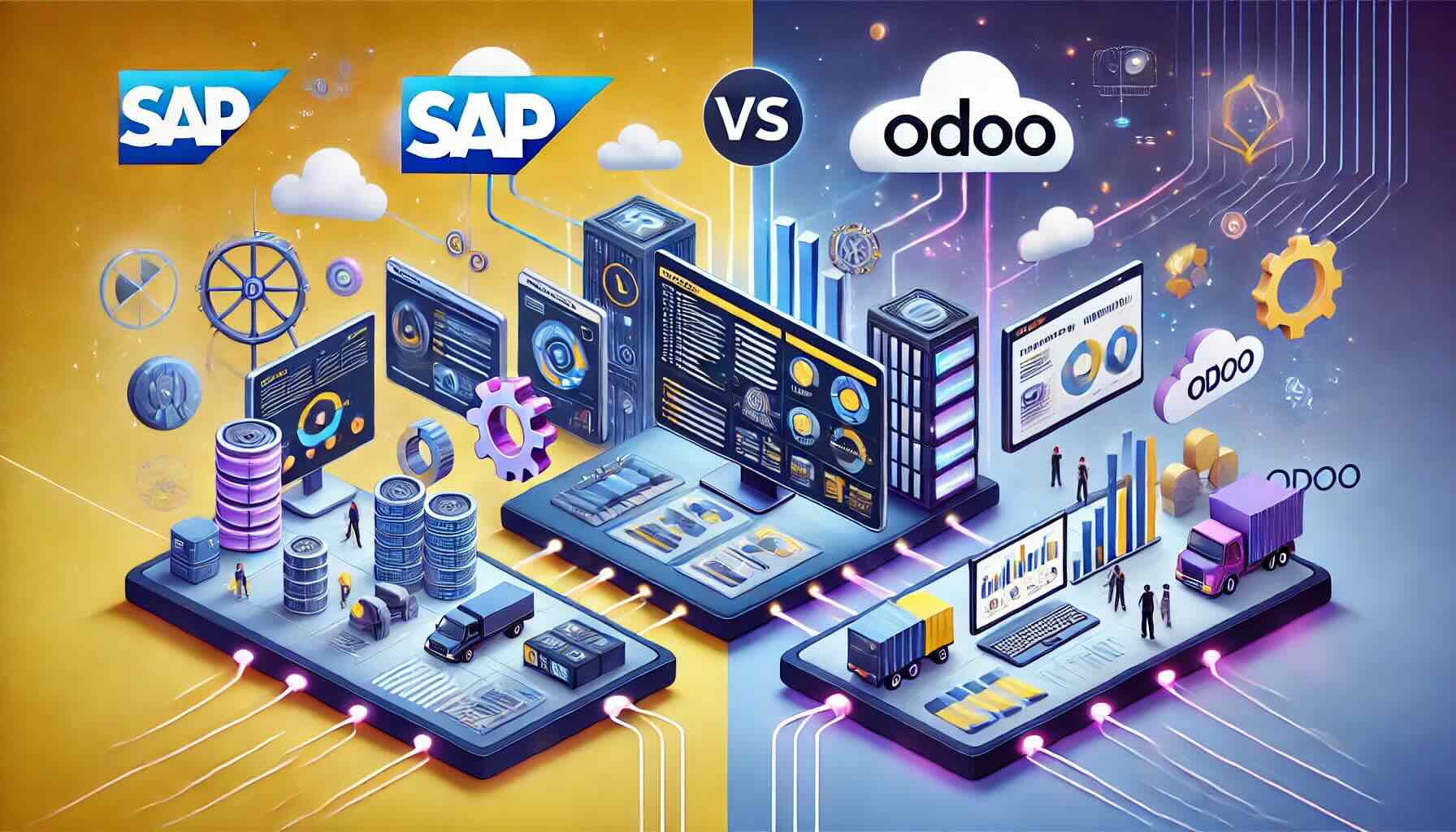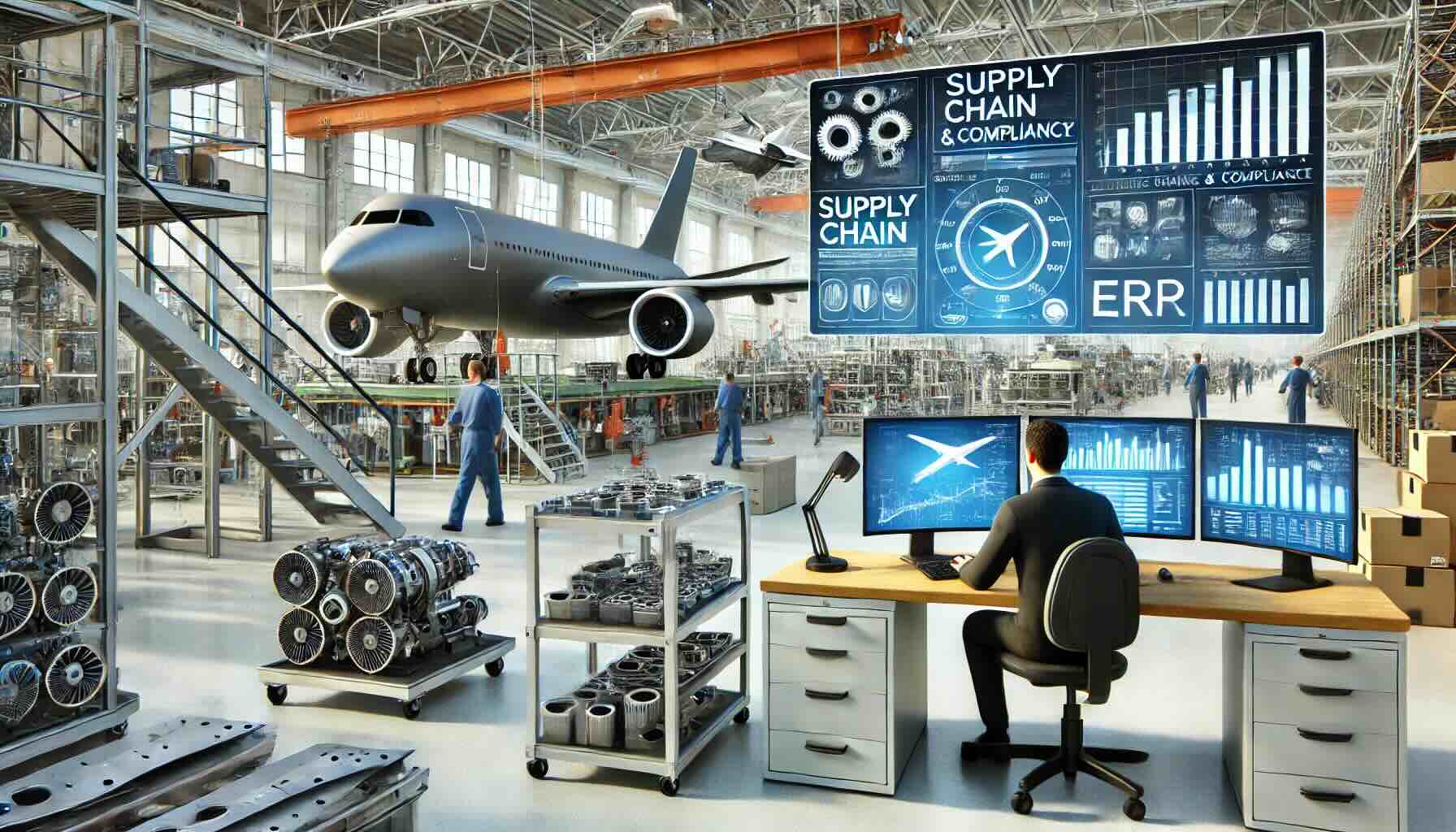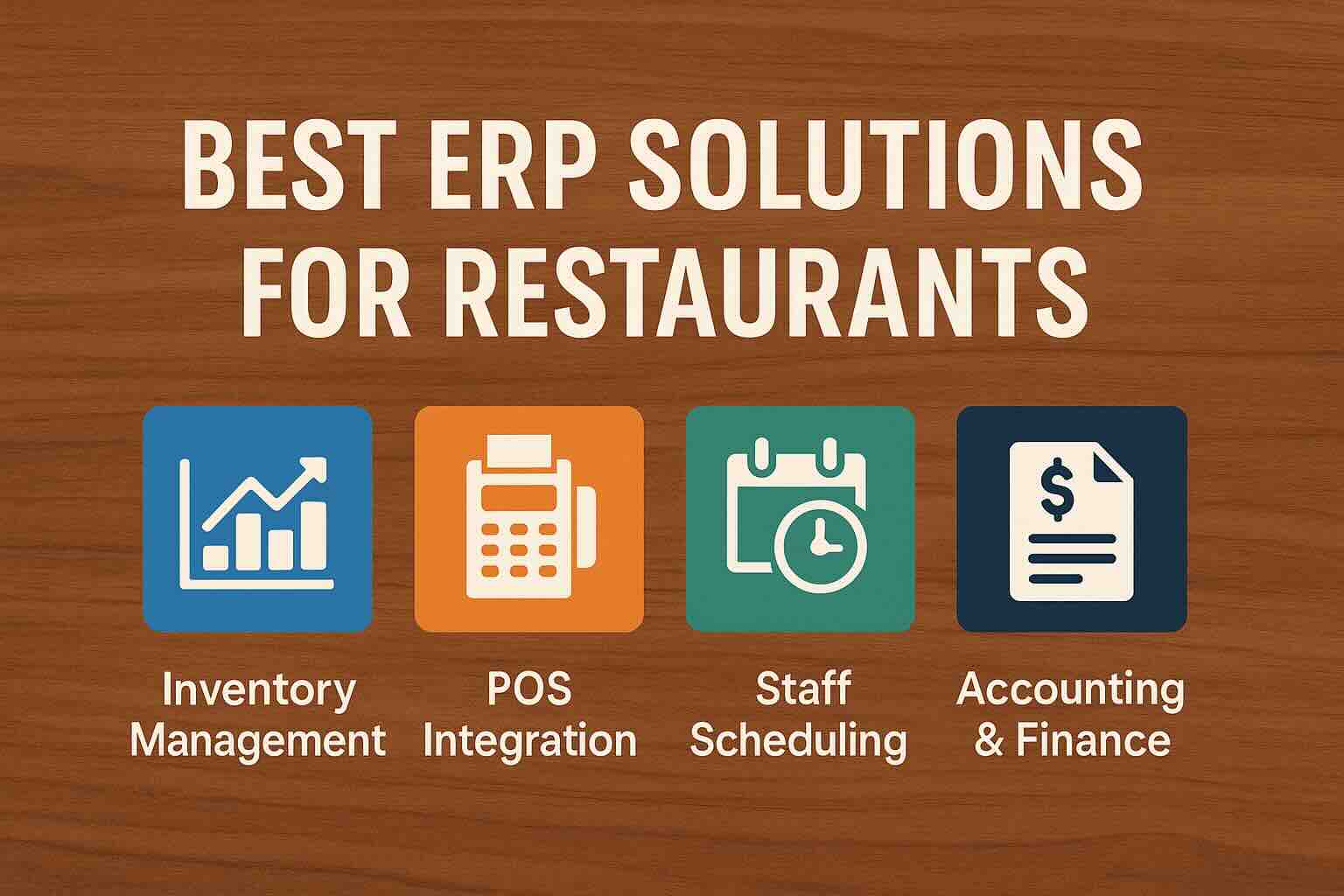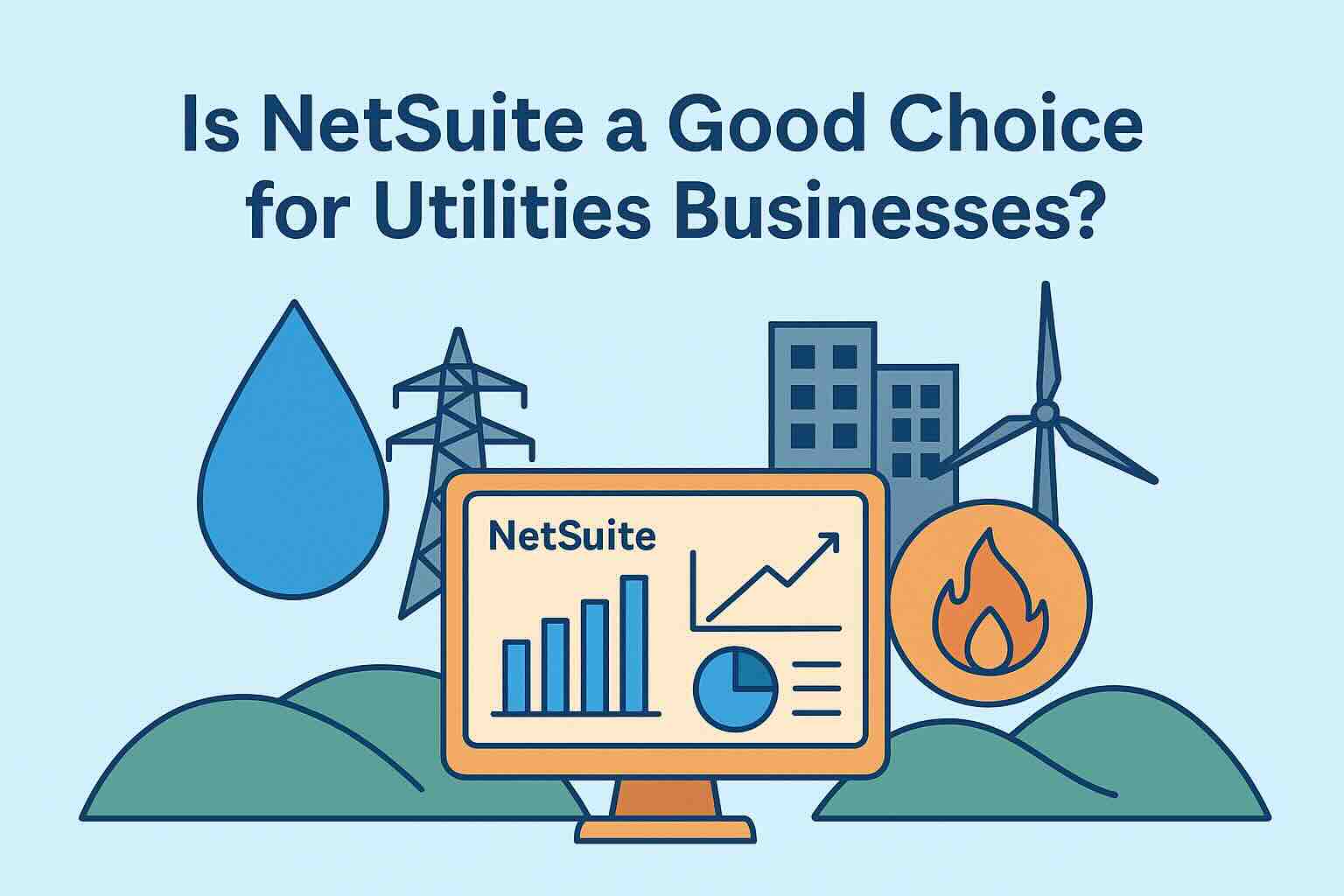Best ERP for Ecommerce Businesses: A Comprehensive Guide
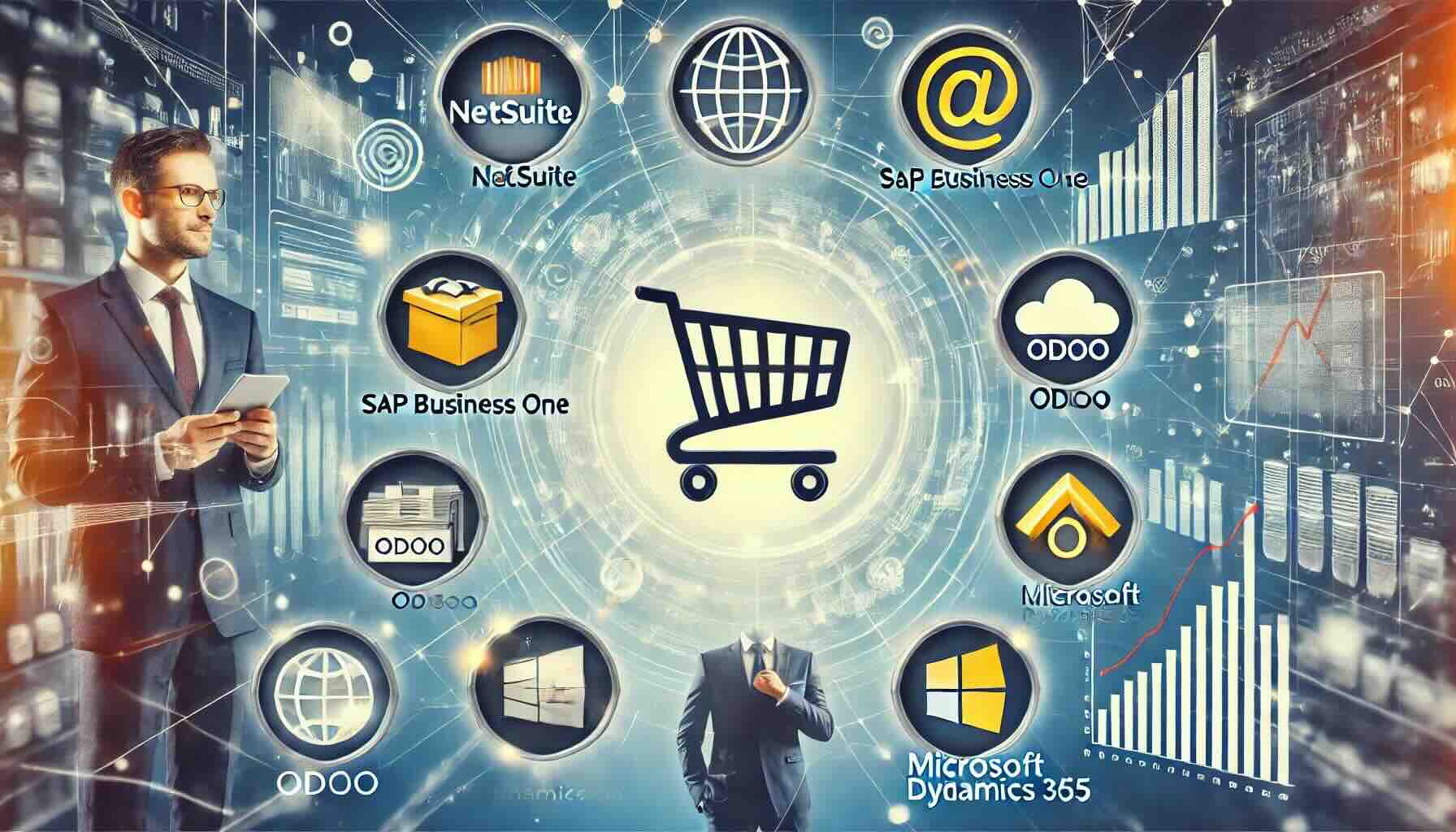
In today’s fast-paced ecommerce landscape, efficiency and streamlined operations are key to staying competitive. One crucial tool for achieving this is an Enterprise Resource Planning (ERP) system. But with so many options available, how do you choose the best ERP for ecommerce business needs? In this guide, we’ll explore the top ERP solutions designed to enhance ecommerce operations and drive business success.
Why ERP Systems are Essential for Ecommerce
ERP systems integrate various business processes into a single, cohesive system, providing real-time data and insights across different departments. For ecommerce businesses, this integration is vital as it helps in:
- Inventory Management: Keeping track of stock levels and managing orders efficiently.
- Customer Relationship Management (CRM): Enhancing customer service and maintaining customer data.
- Financial Management: Streamlining accounting and financial reporting.
- Supply Chain Management: Optimizing logistics and supplier relations.
- Human Resources: Managing employee information and payroll.
Implementing the right ERP can lead to improved productivity, reduced operational costs, and better decision-making.
Key Features to Look for in the Best ERP for Ecommerce Business
When searching for the best ERP for ecommerce business, consider these essential features:
1. Scalability
As your business grows, your ERP should be able to scale with you. Look for systems that can handle increased transaction volumes and expand functionality as needed.
2. Integration Capabilities
Your ERP should seamlessly integrate with other ecommerce platforms, such as Shopify, Magento, or WooCommerce, as well as third-party applications like payment gateways and shipping services.
3. User-Friendly Interface
A complicated system can slow down operations. Ensure the ERP has an intuitive interface that is easy for your team to learn and use.
4. Real-Time Analytics
Access to real-time data and analytics is crucial for making informed business decisions. Look for an ERP that offers comprehensive reporting tools and dashboards.
5. Customization Options
Every business is unique. The best ERP for ecommerce business should offer customizable features to match your specific workflow and business processes.
6. Security
Data security is paramount. Ensure the ERP system has robust security measures in place to protect sensitive information.
Top ERP Systems for Ecommerce Businesses
Here are some of the leading ERP solutions tailored for ecommerce businesses, along with their detailed pros and cons:
1. NetSuite
Oracle’s NetSuite is a cloud-based ERP that offers comprehensive features, including inventory management, order management, and CRM. It’s known for its scalability and robust integration capabilities, making it a popular choice for growing ecommerce businesses.
Pros:
- Scalability: Easily handles growing business needs, making it ideal for businesses planning to expand.
- Integration: Robust integration capabilities with various ecommerce platforms like Shopify, Magento, and WooCommerce.
- Comprehensive Features: Offers a wide range of functionalities covering all essential business operations.
- Cloud-Based: Being cloud-based, it offers accessibility from anywhere, which is beneficial for remote work.
Cons:
- Cost: Can be expensive for small businesses, with high implementation and subscription fees.
- Complexity: Implementation can be complex and time-consuming, requiring expert assistance.
- Maintenance: Ongoing maintenance and support can add to the overall cost.
2. SAP Business One
SAP Business One is designed for small to mid-sized businesses, offering extensive functionalities in financials, sales, customer management, and operations. Its ability to integrate with various ecommerce platforms makes it a strong contender.
Pros:
- Functionality: Extensive features tailored for small to mid-sized businesses.
- Integration: Strong integration capabilities with various ecommerce platforms and third-party applications.
- Customization: Highly customizable to fit specific business needs.
- Global Support: Offers extensive support and resources worldwide.
Cons:
- Cost: Initial cost and ongoing expenses can be high, which might be a barrier for small businesses.
- Complex Setup: The setup and customization process can be complex and time-consuming.
- Training: Requires significant training for staff to effectively use all features.
3. Odoo
Odoo is an open-source ERP solution that provides a range of business applications, including CRM, ecommerce, billing, accounting, manufacturing, and project management. Its modular structure allows businesses to customize the system according to their needs.
Pros:
- Cost-Effective: Open-source model can be more affordable, with lower upfront costs.
- Customization: Highly customizable with a modular structure allowing businesses to add only the needed functionalities.
- Flexibility: Suitable for various business sizes and types due to its adaptable nature.
- Community Support: Strong community support for troubleshooting and development.
Cons:
- Integration: Limited support for complex integrations compared to other leading ERPs.
- Technical Expertise: May require technical expertise for customization and maintenance.
- Advanced Features: Some advanced features may not be as robust as those offered by larger ERP providers.
4. Microsoft Dynamics 365
Microsoft Dynamics 365 combines ERP and CRM capabilities to provide a unified solution for ecommerce businesses. Its integration with other Microsoft products and services adds significant value for users already in the Microsoft ecosystem.
Pros:
- Unified Solution: Combines ERP and CRM functionalities, providing a comprehensive business management tool.
- Integration: Seamless integration with other Microsoft products like Office 365, Azure, and Power BI.
- Scalability: Highly scalable, suitable for businesses of various sizes.
- Real-Time Insights: Offers real-time data and analytics for informed decision-making.
Cons:
- Cost: Can be expensive, particularly for smaller businesses, with high licensing fees.
- Complex Implementation: Implementation can be complex and may require professional assistance.
- Training: Requires ongoing training and support to utilize the full potential of the system.
5. Acumatica
Acumatica offers a flexible, cloud-based ERP solution with a strong focus on financial management, distribution, and CRM. It’s known for its user-friendly interface and real-time analytics capabilities.
Pros:
- Flexibility: Cloud-based and highly flexible, suitable for businesses of various sizes.
- User-Friendly: Intuitive and user-friendly interface, reducing the learning curve.
- Real-Time Analytics: Strong focus on real-time analytics and reporting.
- Cost-Effective: Competitive pricing structure, especially for growing businesses.
Cons:
- Brand Recognition: Limited brand recognition compared to larger competitors, which might influence decision-making.
- Customization Cost: Customization options can be expensive and add to the overall cost.
- Maintenance: Requires ongoing maintenance and support for optimal performance.
Conclusion
Choosing the best ERP for ecommerce business can significantly impact your operational efficiency and overall success. By focusing on scalability, integration, user-friendliness, real-time analytics, customization, and security, you can find a solution that fits your specific needs. Among the top contenders, NetSuite, SAP Business One, Odoo, Microsoft Dynamics 365, and Acumatica stand out as excellent choices. Evaluate your business requirements, test different systems, and select the one that best aligns with your goals to drive your ecommerce business forward.
Implementing the right ERP system is a strategic investment that will streamline your processes, enhance customer satisfaction, and boost your competitive edge in the dynamic ecommerce landscape.
To compare these ERP solutions and many more, you can use our new AI-powered Compare ERP tool. It’s free to use and you get a guaranteed discount on your first year’s licence fees with a referral from Compare ERP.

